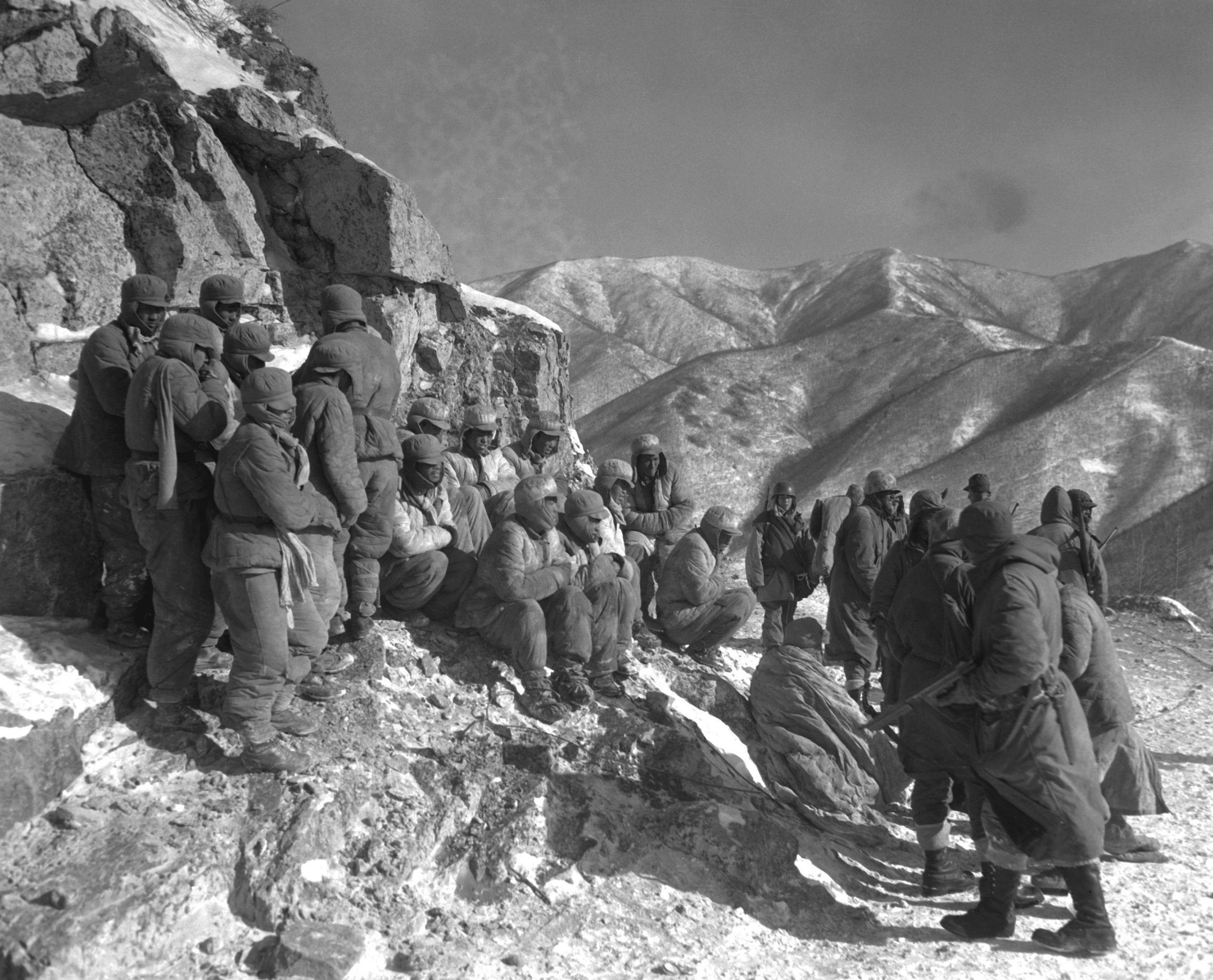Faulty assumptions about the ideological realities on the ground, at both the popular- and elite-level, are not unique to the Russian case, but can be widely applied to current geopolitical concerns that attract the attention of U.S. policymakers, especially those which are hypothesized to potentially require future American military operations.
#Reviewing Intelligence Analysis
This book has many strengths. The style is concise, and the main concepts are understandable, focusing on important state and non-state actor related issues. Each chapter ends with a summary, critical thinking questions for students and readers, as well as a detailed bibliography and notes section. Possible weaknesses derive, on the other hand, from a low level of granularity offered in the text when it comes to the illustration of some specific techniques such as structured analysis technique that could help intelligence professionals to refine their level of analysis.
The Decisive Impact of French Military Intelligence on the German Marneschutz-Reims Offensive
July 15th 1918 saw the start of the fifth and final German offensive of the First World War. On that day, the Germans launched the opening phase of the Second Battle of the Marne, Codenamed Operation Marneschutz-Reims, shifting the entire momentum of the war from the Central Powers to the Entente. One of the key factors contributing to this shift was tactical combat intelligence.
The Unrealized Value of Open Source Intelligence for Irregular Warfare
As adversaries become more technologically savvy, the United States and its allies must become more adept at leveraging these trends. Open source intelligence, especially when coupled with rapidly improving big data analysis tools, which can comb through data sets that were previously too complex to derive meaningful results, has the potential to offset this growing problem, providing intelligence on enemy forces, partners, and key populations.
Failure to Communicate: U.S. Intelligence Structure and the Korean War
Intelligence at all levels is an art form. Sources, corroborating or contradicting information, unknowns, and delays in time all result in varied levels of analytical confidence. Information coming from different means, methods, and areas requires a functioning structure to ensure senior national leaders have the best information to make the decisions. While strategic intelligence drives operations and national goals, military decision-makers—especially in combat zones—rely on tactical intelligence to help win battles. For the Department of the Navy, “tactical intelligence support is the primary focus of naval intelligence.”[1] Marine Corps intelligence also focuses almost exclusively on the tactical level to support Marine Expeditionary Force (MEF) maneuvers since tactical intelligence is, “the level of intelligence Marines need, generate, and use most often.” When strategic missteps occur, tactical intelligence can provide a needed capability to keep front-line forces winning, creating breathing room for new strategic plans. A functioning intelligence structure encompassing all levels of intelligence is needed to enact this goal.
#Reviewing World War I and the Origins of U.S. Military Intelligence
The origins of U.S. Military Intelligence is the story of the efforts of two men, Dennis E. Nolan and Ralph Van Deman. Nolan, an aspiring teacher and decorated veteran of the Spanish-American War, caught the eye of General John J. Pershing while serving as his adjutant. That contact with Pershing, commander of the American Expeditionary Forces, would lead to his selection as the first Intelligence Officer (G-2) on an American General Staff in the field.







